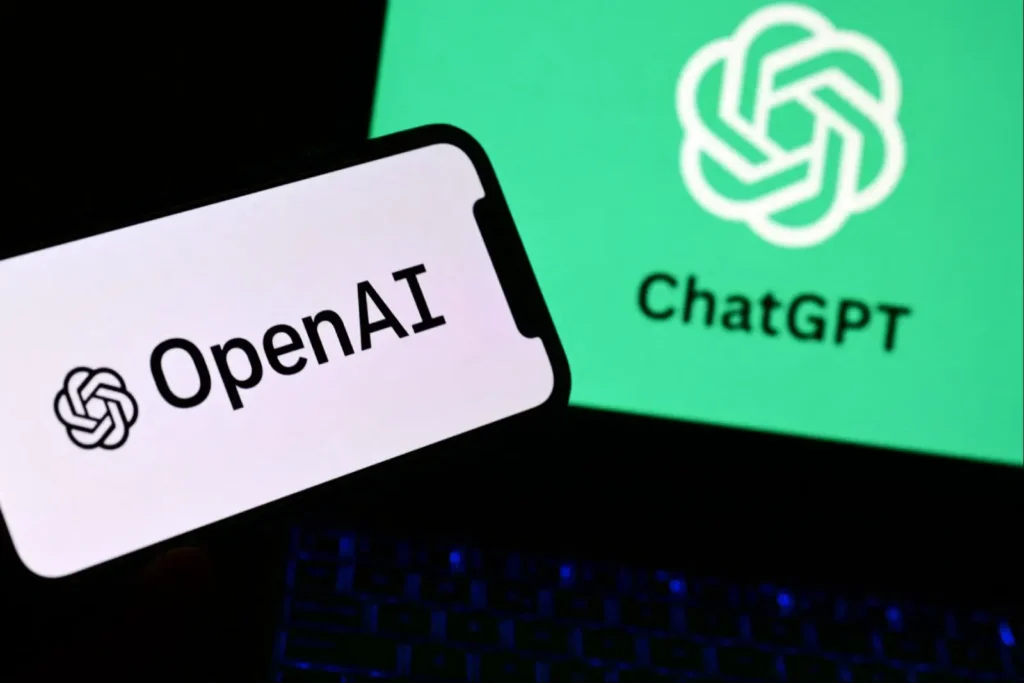Rare but real, mental health risks at ChatGPT scale
Clinicians advise OpenAI on implementing risk cues and responses into ChatGPT, but critics stress warnings may not reach those in crisis.

OpenAI says a small share of ChatGPT users show possible signs of mental health emergencies each week, including mania, psychosis, or suicidal thoughts. The company estimates 0.07 percent and says safety prompts are triggered. Critics argue that small percentages scale at ChatGPT’s size.
A further 0.15 percent of weekly users discuss explicit indicators of potential suicidal planning or intent. Updates aim to respond more safely and empathetically, and to flag indirect self-harm signals. Sensitive chats can be routed to safer models in a new window.
More than 170 clinicians across 60 countries advise OpenAI on risk cues and responses. Guidance focuses on encouraging users to seek real-world support. Researchers warn vulnerable people may struggle to act on on-screen warnings.
External specialists see both value and limits. AI may widen access when services are stretched, yet automated advice can mislead. Risks include reinforcing delusions and misplaced trust in authoritative-sounding output.
Legal and public scrutiny is rising after high-profile cases linked to chatbot interactions. Families and campaigners want more transparent accountability and stronger guardrails. Regulators continue to debate transparency, escalation pathways, and duty of care.
Would you like to learn more about AI, tech, and digital diplomacy? If so, ask our Diplo chatbot!
